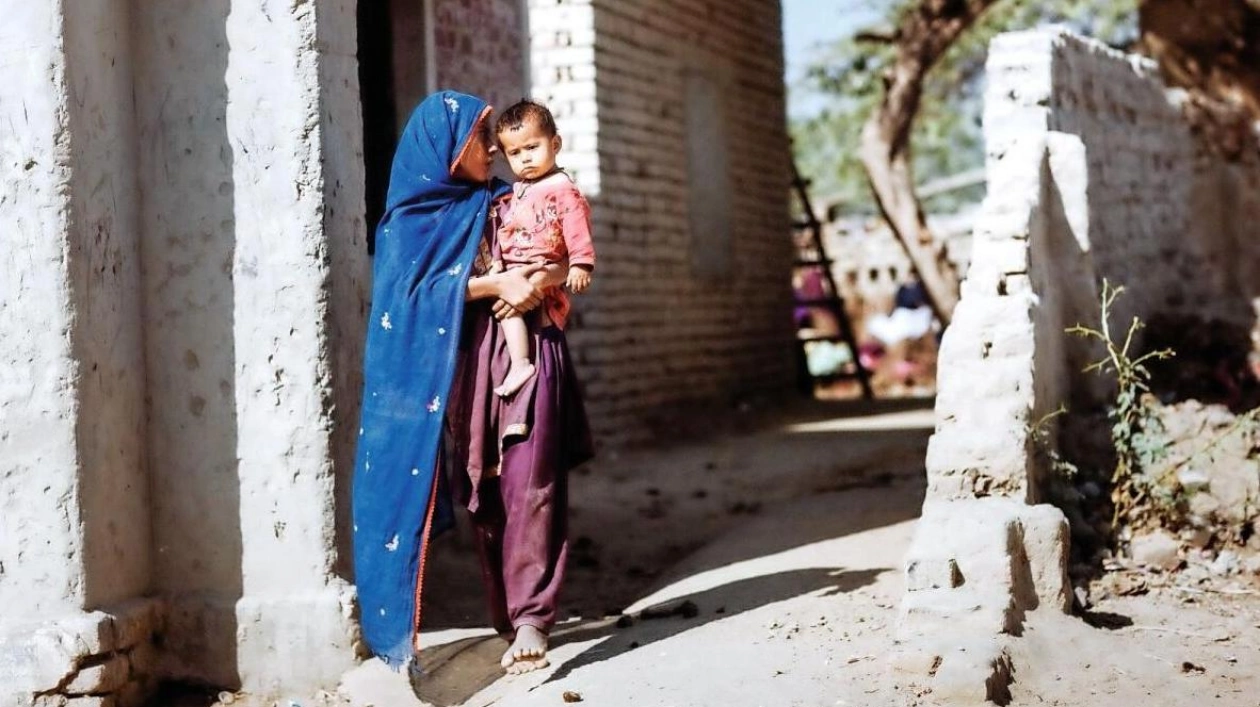Pakistan's healthcare system, already under significant strain, continues to face numerous challenges. The nation grapples with insufficient government funding and a scarcity of hospitals and doctors, leaving millions vulnerable to health crises. One of the most pressing issues is maternal malnutrition, particularly affecting expectant mothers in rural areas who often lack proper nutrition during pregnancy. Data from UN agencies indicates that a woman dies every two minutes due to complications related to pregnancy or childbirth. Malnourished mothers are more prone to severe delivery complications, such as postpartum hemorrhage and obstructed labor, which critically threaten both maternal and infant lives.
The Pakistan Maternal Mortality Survey (PMMS) reports a maternal mortality rate of 186 per 100,000 live births. Additionally, 42% of women of reproductive age suffer from anemia, and 79.7% have vitamin D deficiency, highlighting the critical need for improved maternal nutrition. Despite ongoing efforts, Pakistan's neonatal and infant mortality rates remain among the highest globally, with neonatal mortality at 54 per 1,000 live births according to the World Health Organisation (WHO). These high rates of nutritional deficiency are exacerbated by increasing poverty levels, with 40% of the population now living below the poverty line.
Since 2017, Indus Hospital & Health Network's Primary Care Programme (PCP) has been providing comprehensive, preventive healthcare, emphasizing health education and community development. This initiative has benefited 9.2 million people to date. Recognizing the importance of nutrition in maternal health, Indus Hospital & Health Network (IHHN) launched the 'NourishMom' Nutrition Programme under the PCP, aiming to support new mothers with medical and nutritional aid. This programme provides ration bags to mothers during their second and third trimesters and continues support post-delivery for six months, ensuring proper nutrition and encouraging breastfeeding.
IHHN's Maternal, Neonatal & Child Health Services (MNCH) also offer comprehensive care, training Community Midwives (CMWs) to perform skilled deliveries and educating communities on family planning and nutritional deficiencies. The MNCH has immunized over 1.6 million women and children and benefited over 159,640 individuals through the Midwifery Programme. Over 90,130 have received antenatal benefits through this programme. Improving maternal nutrition and reducing maternal and infant mortality rates can have transformative societal impacts, leading to a more productive and prosperous society. Support from compassionate individuals worldwide can help IHHN continue its vital work in enhancing the lives of the underprivileged.






